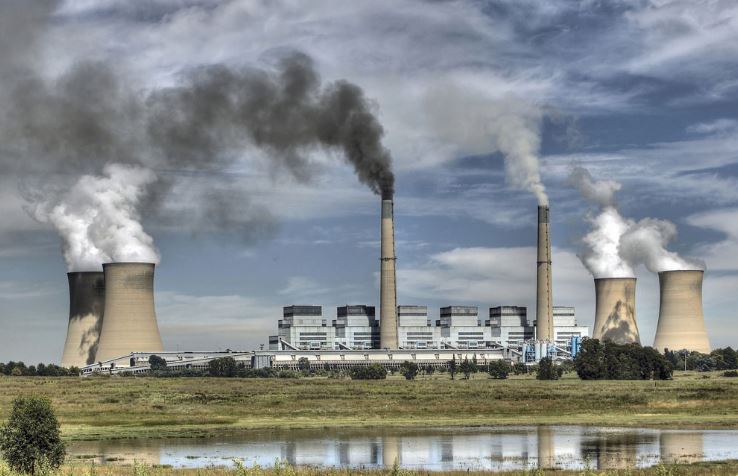
The term load shedding, used here in South Africa where I now live, is a pernicious homonym for a European like me. When the lights go out in the UK it’s called a power cut. When I lived in Germany, we talked about Stromausfalls, which literally means the electricity has dropped off — how Germanic. In France, it was a coupure de courant, a cutting of the current and in Portugal, usually when it rained, people talked about a falta de energia — a lack of energy. I could go on, I’ve lived in a lot of countries, but in South Africa, load shedding is officially described as a way to distribute electrical power across multiple power sources when the electricity demand is greater than the primary power source can supply. Or, in other words, when my lights, fridge, freezer, computer and everything else I need, are turned off.
In Johannesburg, we have been experiencing what is known as stage 5 load shedding. For you those of you who need a translation, this means anything up to eight hours without power in a single day. To be fair, Eskom (South Africa’s public electricity supplier) tries to help us work around the problem by sending out timetables to let us know when it is going to happen and how often, but I work from home and so just wait to hear the generators start up.
Describing Eskom and its coal-fired power generation issues would need another article twice-the-length of this one, but I can still draw your attention to the latest figures that show how South Africa’s electricity and heating have produced 290 million tonnes of Greenhouse Gas Emissions in just one year. Of course, there is talk and even real work to incorporate renewable energy sources into the main production grid. Anyone with their finger on the climate change pulse will know how close to complete lights-out we really are, but for me, the loudest and most vociferous voices are always the ones moaning about the damage to the economy and how impossible it is to work when the computers go down. I agree, in part, but the real solution, the one that is within the grasp of a large proportion of the moaners, still seems to escape them.
My husband and I are what could be (and probably is) described as smug off-gridders. Our house in Melville, a suburb of Johannesburg, is completely solar powered, with an Eskom backup if the annual average of 3182 hours of sunlight doesn’t meet expectations. Our motivation for the investment was partly due to my last project as the manager of a construction project in Tanzania, where I had what I called my environmental epiphany and scandalized the architect by suggesting that solar power would be a much more reliable, cheaper and environmentally friendly alternative to the filthy, intermittent and hugely expensive power provided by the state company Tanesco, or in the worst-case scenario, diesel generators. I won my case.
When friends ask me about South Africa and its most dominant features I tend to hyperbolize about the vibrant, edgy culture in Johannesburg, walks along prehistoric coastlines, elephants I’ve met eye-to-eye and bird sightings ornithologists would wet their pants for, but I’m not being entirely honest. In truth, my first impression of Africa, and South Africa in particular, was that 90% of the cars people drive are gas-guzzling SUVs. The sometimes harsh terrain, poor roads and increased safety are legitimate reasons for having one, though we managed with a Mini Cooper quite happily until our love of horses made having a towing vehicle necessary. Let’s be honest, having an SUV in Johannesburg is the equivalent of the Chelsea tractor syndrome in London. It’s an unnecessary social statement, particularly if we care about the environment, but my moaning on the subject was limited to an occasional derisive grunt, until the day Paul pointed to a new Mercedes SUV and said it cost more than our entire solar system. This was my second epiphany, but probably not my last.
As the sleek black beauty eased out in front of us, a cacophony of voices started playing in my head, all of them moaning about load shedding, how it messed up people’s lives and how somebody should do something about it. Then I thought about the loans that are available for the installation of solar systems either in their entirety or incrementally, and the other options also available to rent. How much did you borrow to buy that car? I asked the back of the driver’s head.
When our world is literally exploding, when every trip in our car, whatever its size, is another nail in the proverbial coffin, when people like us who enough have power — metaphorically and otherwise — to read this article, then why aren’t we all becoming smug off gridders too?